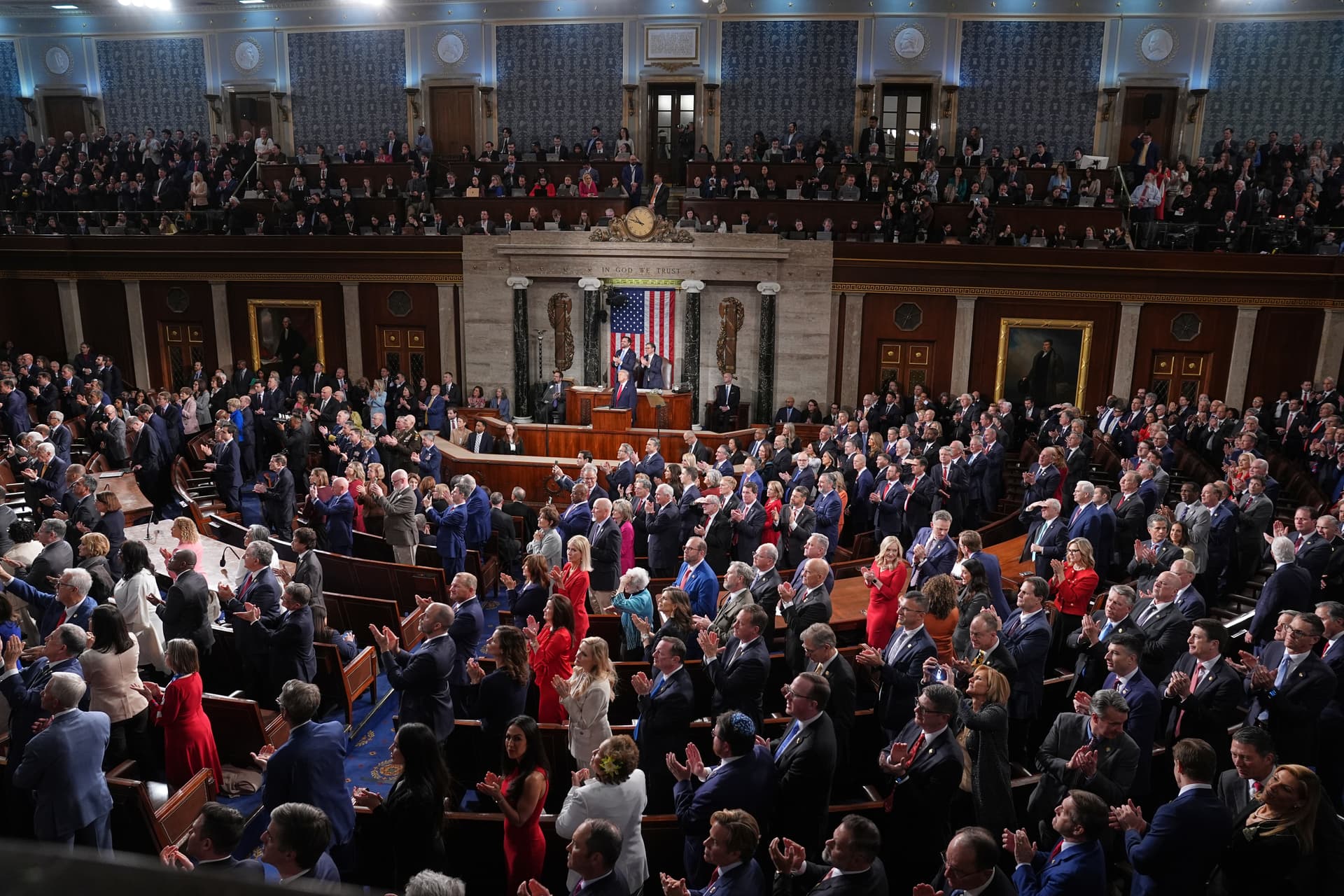
Trump’s SOTU Unleashes America’s Golden Age of Growth
By LAWRENCE KUDLOW
|The argument in Mexico’s case against American gun makers takes an encouraging turn.
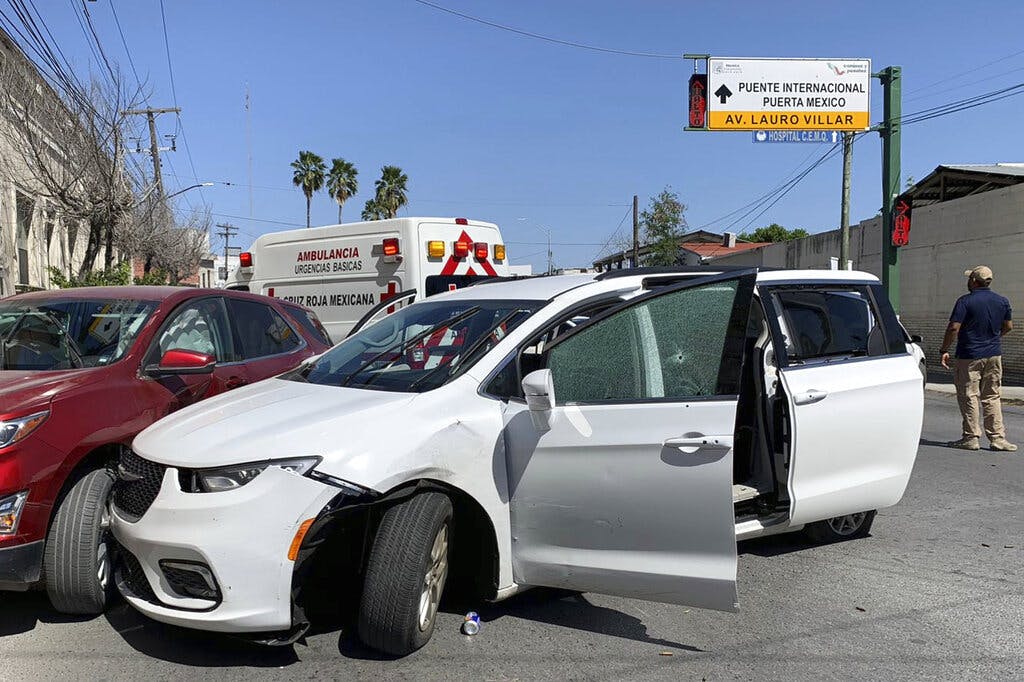

By LAWRENCE KUDLOW
|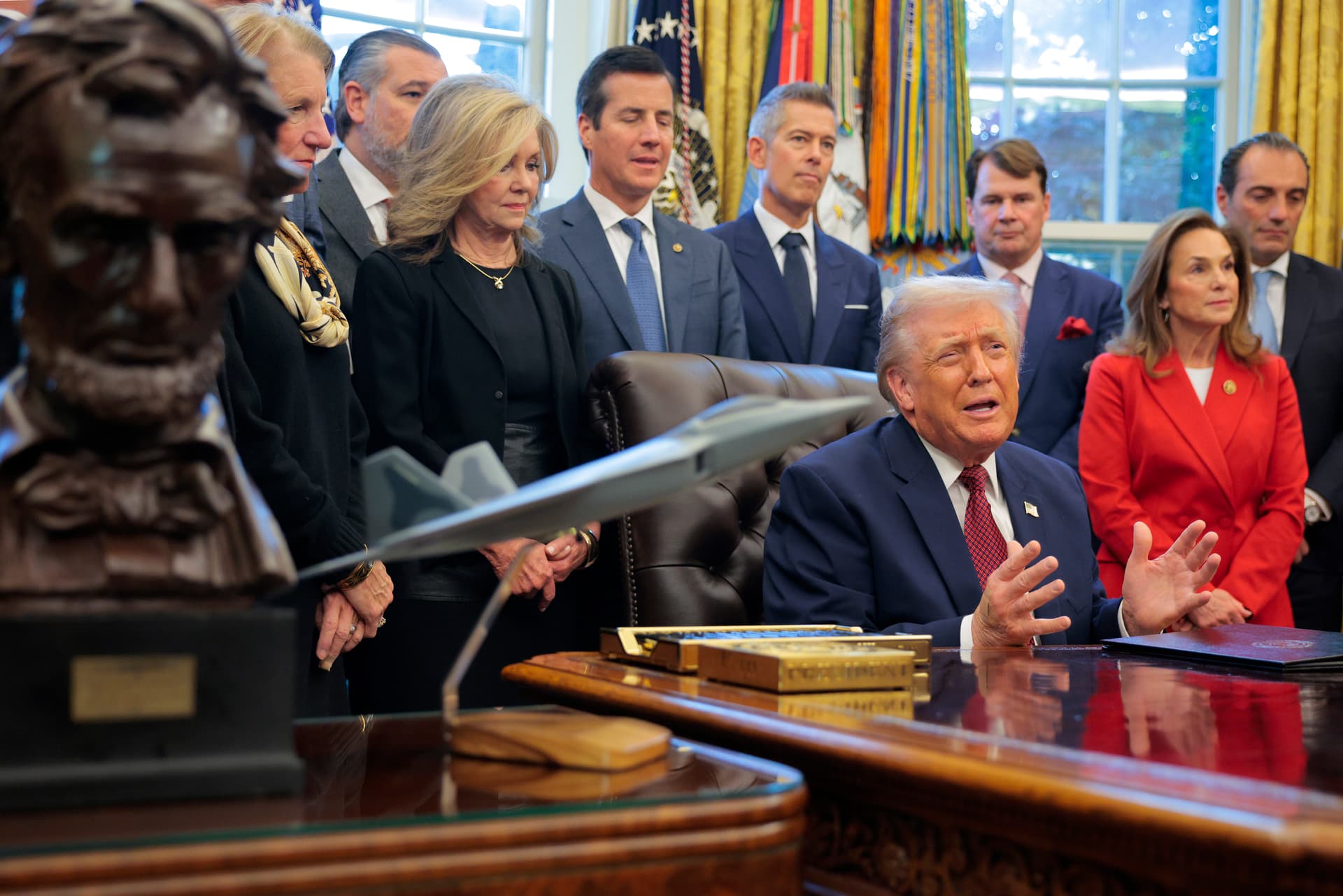
By STEPHEN MOORE
|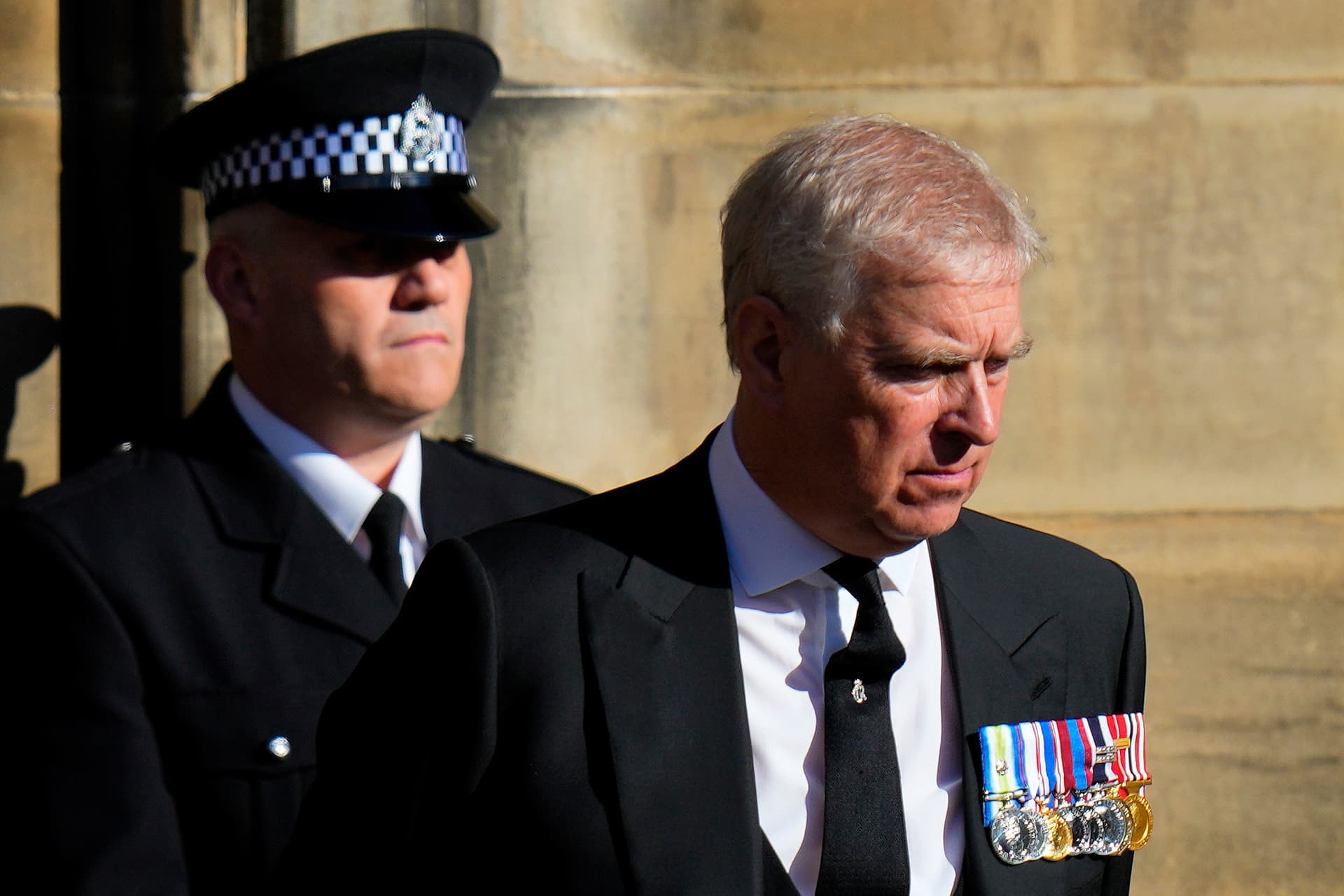
By A.R. HOFFMAN
|
By SALENA ZITO
|
By A.R. HOFFMAN
|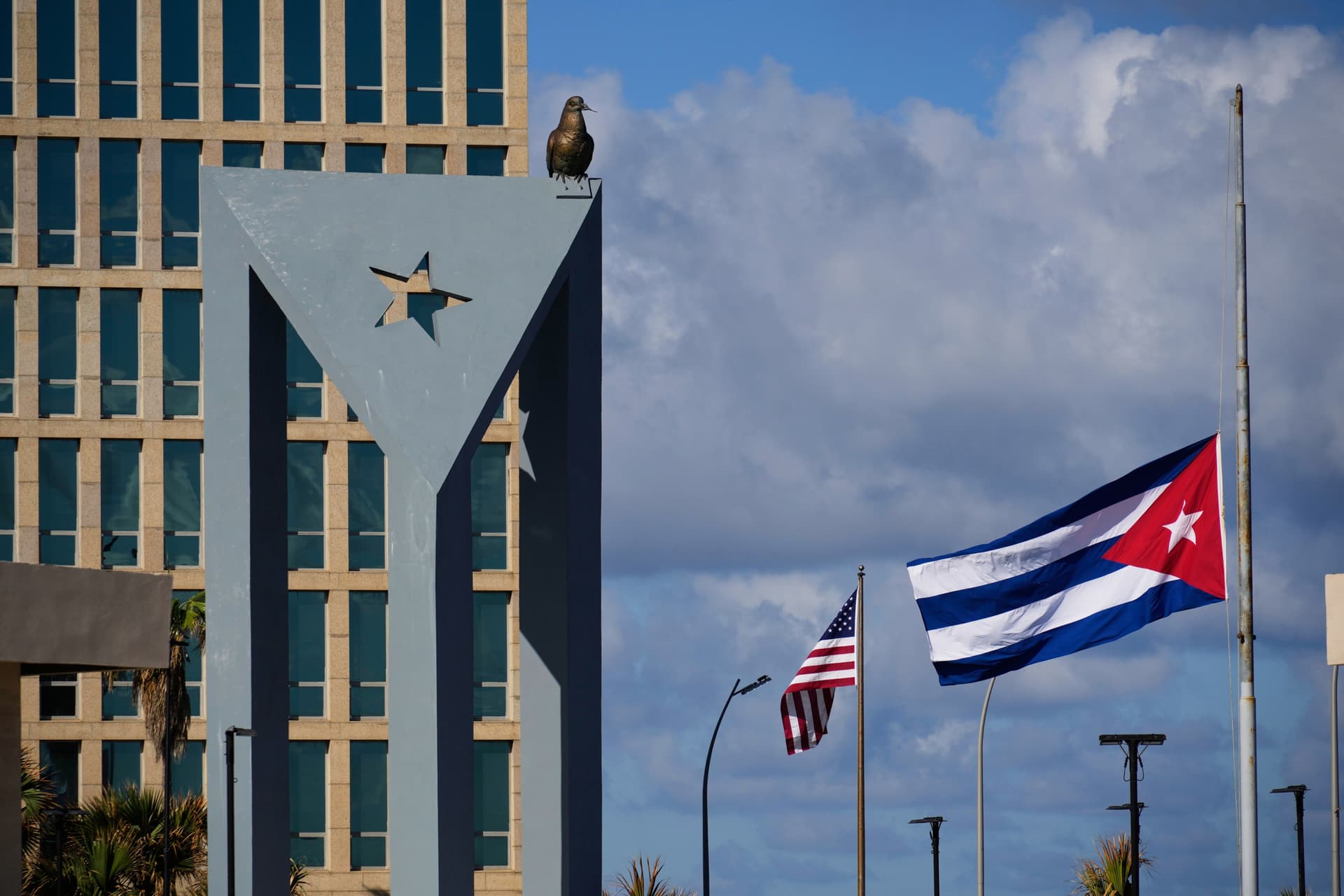
By LUKE FUNK
|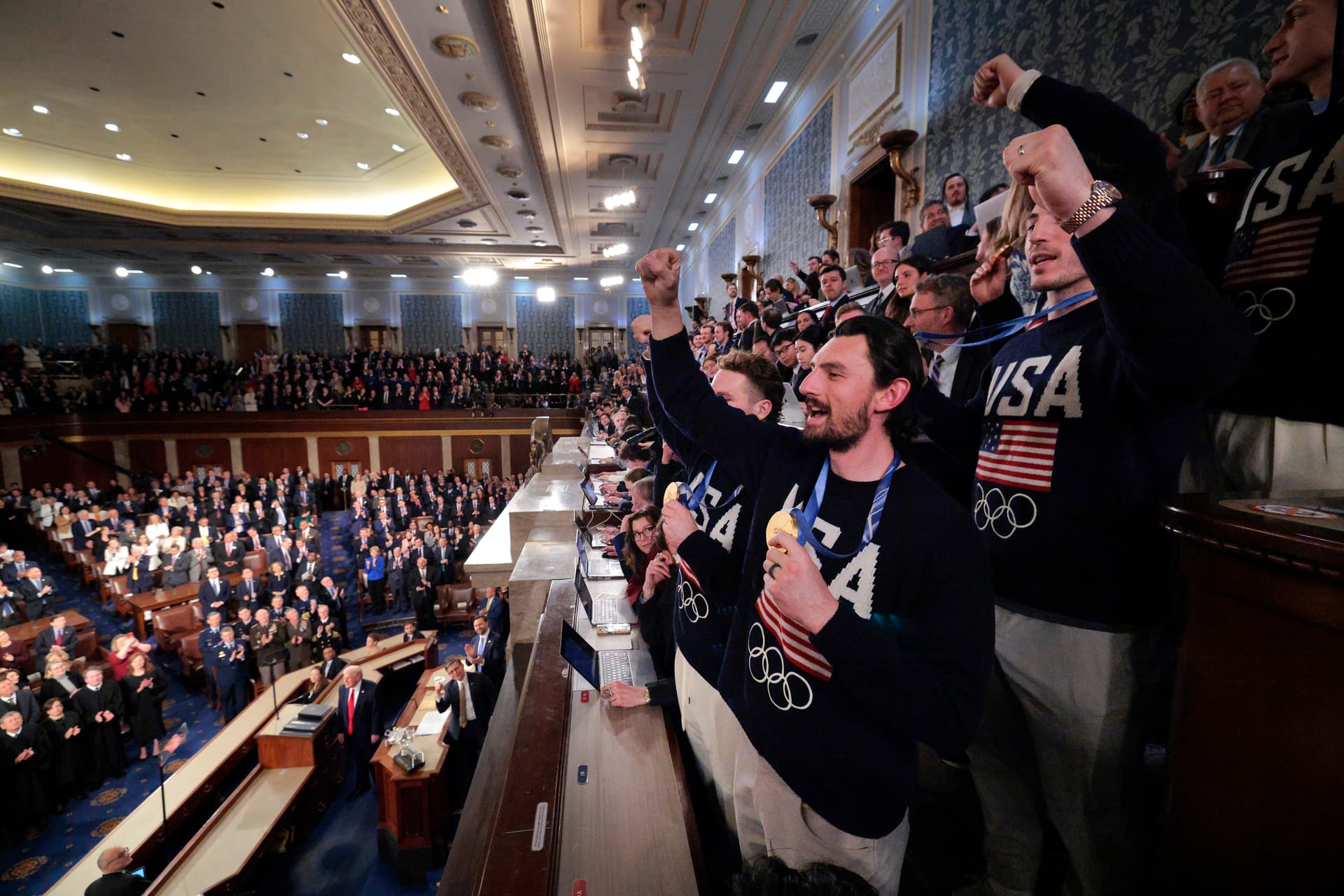
By BRADLEY CORTRIGHT
|
By BENNY AVNI
|Already have a subscription? Sign in to continue reading
$0.01/day for 60 days
Cancel anytime
By continuing you agree to our Privacy Policy and Terms of Service.